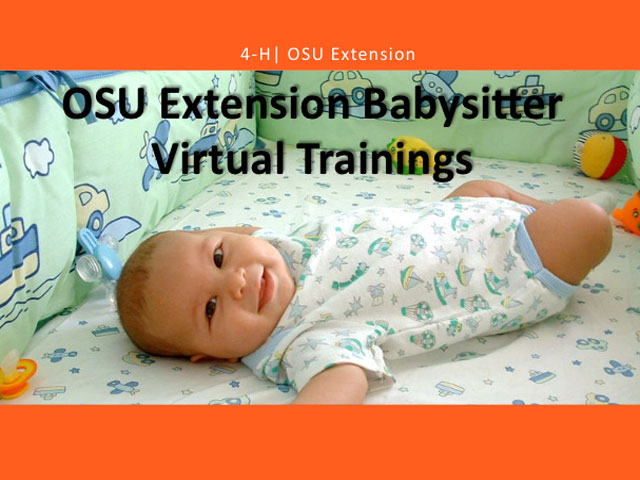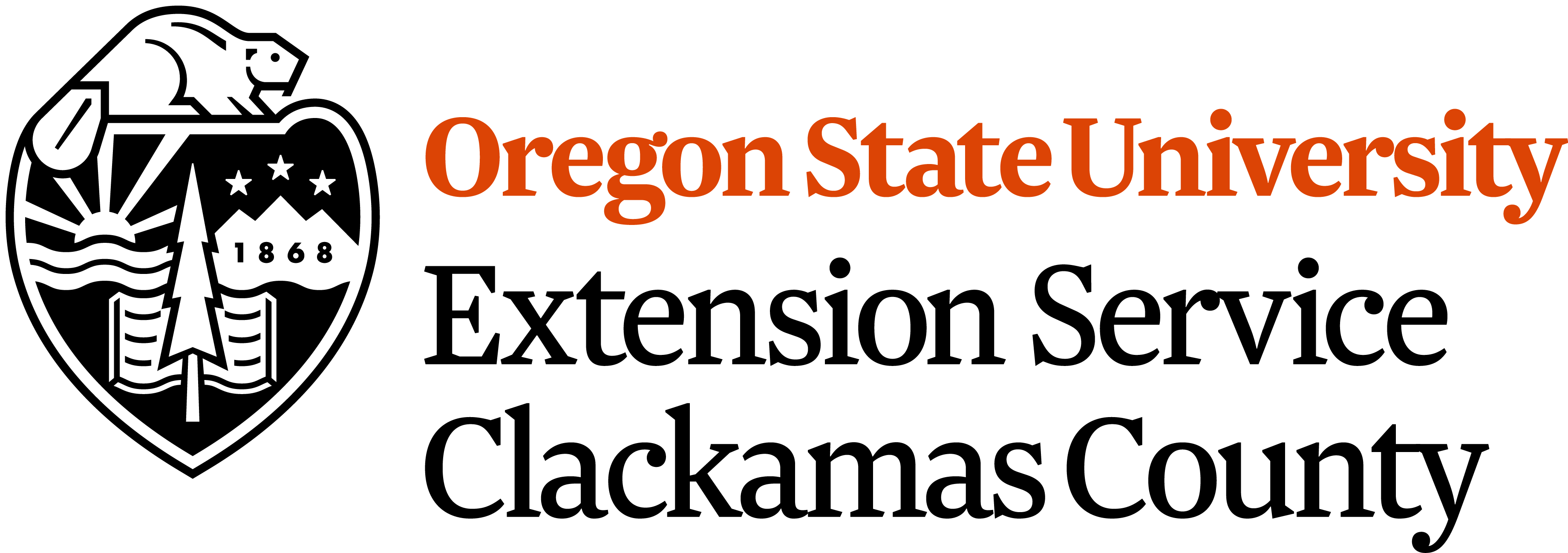4-H YOUTH DEVELOPMENT
4-H project learning shifts to online delivery

4-H Babysitter Training included lessons in child development, appropriate entertainment, positive behavior management, safety, basic first aid, food and nutrition and the business of babysitting.
.
The 4-H program is an informal, practical, learn-by-doing, fun and education program for youth provided by 4-H staff and volunteers. With the majority of our state under COVOD-19 quarantine, 4-H educators had to make a sudden shift to online delivery of project learning opportunities. Locally, Clackamas County 4-H Instructor, Jan Williams, created and taught over 27 interactive online STEM classes. Each of the 93 youth who participated in these classes received a kit with supplies and materials to explore Balloon Physics, Color Chemistry, Spy Science, Engineering and more in a fun and engaging way.
“Thank you! My son had a great time and continued his experiment well after Zoom ended. What a positive change of pace for him,” commented one parent.
4-H also offered Spring Break Virtual Camp that involved making and sending out 78 kits for the 20 different classes ranging from horticulture, cooking, emergency preparedness, yoga and sewing, to science and LEGO engineering. 4-H Volunteers helped teach, assemble and distribute kits to all youth participants.
Statewide, 4-H Educators quickly converted an in-person 4-H Babysitter Training program to a virtual platform, shared administrative resources, and ultimately came together to collectively meet the needs of youth and families. In one year, 37 4-H Educators trained 405 youth throughout Oregon to become confident and capable babysitters. The training included lessons in child development, appropriate entertainment, positive behavior management, safety, basic first aid, food and nutrition and the business of babysitting. A total of 99% of the participants reported they would recommend this course to a friend and 90% felt more prepared to babysit after taking the course.
It has been encouraging to receive emails from families after classes were over asking when the next one was scheduled.
